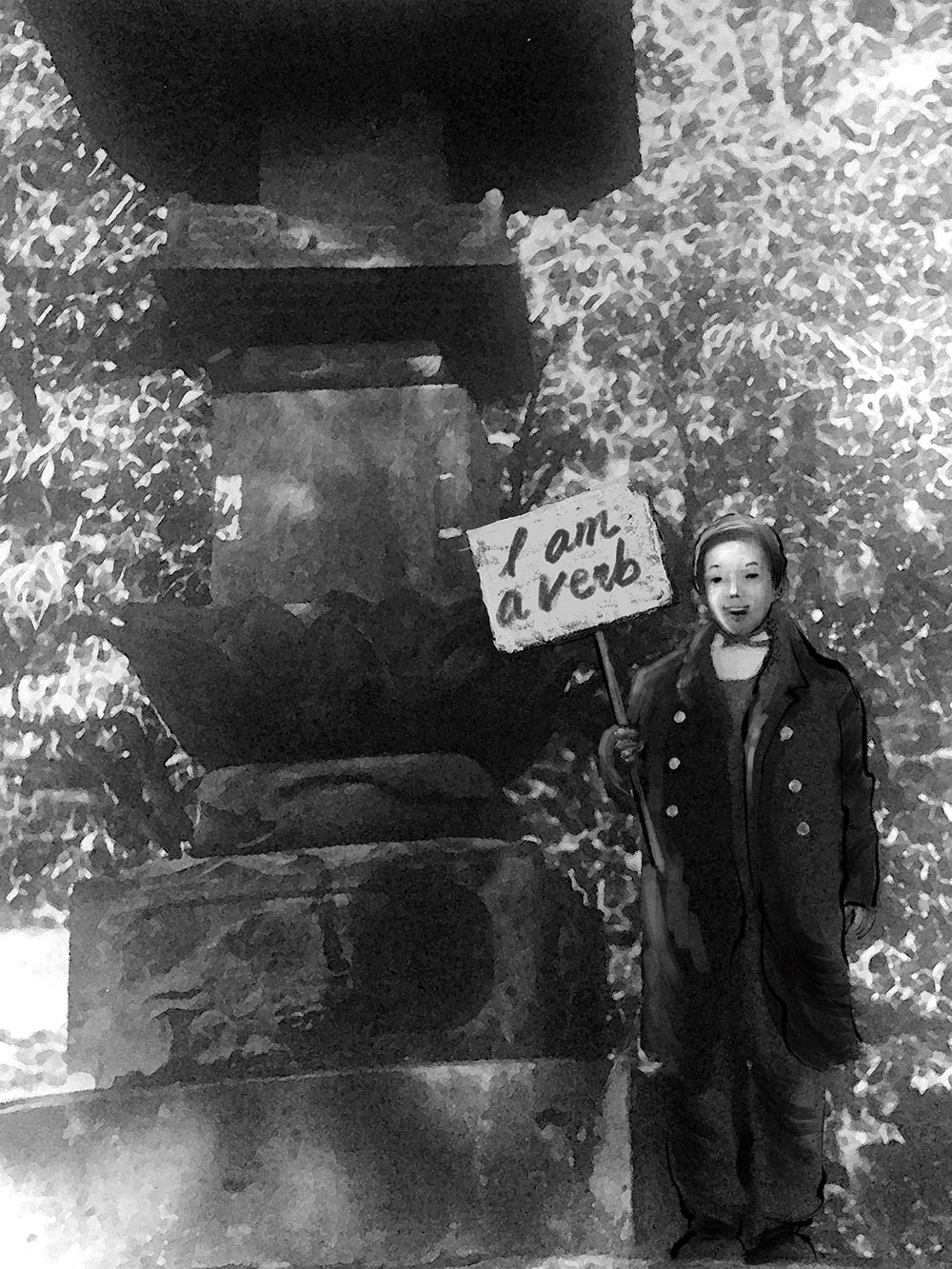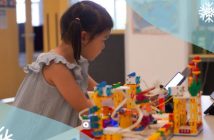My 19-year-old daughter and I looked at Professor Wu Qing wide-eyed, expecting the rest of her sentence with anticipation. The 83-year-old professor silently waited for our reaction. Then with a sparkle of self-satisfaction in her eye, she repeated “I am a verb! It has to work. I am not a noun or an adjective. I’m a verb. If you don’t take action, nothing is going to change.”
She then declared her approval of my daughter’s system for making sure the cleaning of the shared kitchen in her new dorm at university was gender equal and fair to all. My daughter had put in place a rolling cleaning schedule for all seven users of the kitchen, irrespective of whether they like their kitchen counter clean or dirty.
Wu Qing is an extraordinary personality who has fought all her life for women’s rights and gender empowerment in China. She is also the daughter of Bing Xin, one of the most prolific Chinese writers of the 20th century, and of sociologist Wu Wen Zao.
Wu Qing, in her lifetime, has served as a Beijing People’s Congress legislator (from 1984 to 2011), but she’s not your typical bureaucratic official. An award-winning professor of English, she has also built a reputation as a fearless advocate for women’s rights, human rights, and the rule of law, playing a pioneering role building Chinese women’s entrepreneurship and political participation at the grassroots level. Wu Qing has received numerous awards in recognition of her career in public service, including most notably the 2001 Ramon Magsaysay Award.
So what made Wu Qing such a brave person? She was a privileged child, as both her parents were highly educated. But not all educated intellectuals are necessarily luminaries. It seems that Wu Qing’s mother played a gigantic role in educating her daughter to truly empower her, regardless of her gender. Wu Qing’s mother, Bing Xin was also an exception of her times. One would be tempted to think that in early twentieth century China, where feudal family systems were strongly in place and where opportunities in women’s lives were very limited, Bing Xin’s parents would have fallen into the Confucian gender trap. There was foot-binding, widow chastity, arranged marriages, concubinage, and no education for women; that list is long. But Bing Xin’s father, a high ranking naval officer who traveled the world, had educated his daughter differently. He did not bind his daughter’s feet—still a common practice then. “He treated her like a son, dressing her in boy’s clothes and encouraging her love of nature. He taught his daughter such skills as horseback riding and shooting, and introduced her as ‘both my son and my daughter’ during banquets and parties;” Wu Qing recounts excitedly as if she were there.
Bing Xin started writing short stories for children when she was in high school. She graduated from Wellesley College in 1926 and became a passionate humanist. She was part of the intelligentsia who wanted to introduce and promote modern ideas and write in the language of everyday life. In that new language, Bing Xin articulated an appeal for humanism and a deeply personal love for her fellow woman and man. Her philosophy of love was unwavering, even though it would later be criticized and rejected by more radical peers as “feminine, elitist, and naive.”

It seems the answer to what made Wu Qing and even her mother Bing Xin’s relentless bravery and passion for all of humanity, not just feminine humanity, is parenting. So what were her educational concepts?
As two generations of women we were both curious to hear what Wu Qing would say were barriers, injustices, or gender biases she had to experience and overcome growing up. To our enormous surprise, she could not think of one occasion! Not one where she felt limited or something was impossible because she was a girl?
“Oh yes…” she remembers that one occasion when she noticed she was different from boys. “It’s when I noticed I couldn’t pee as far as them when we competed.” She went on almost screaming in mirth, “But so what!? I never felt inferior! I could climb a tree faster than them, and I could run faster than them!”
On education, Wu Qing, who gives classes to empower high school dropout girls from the countryside, says it is urgent that parents learn how to be parents and prepare their children for the future, as they have to be responsible for training global citizens. She is quite worried about the current state of education, and that schools only teach to perform and learn hard knowledge, but teach very little about social responsibility.
“We have to train not just ‘I’ but ‘we’ and ‘they’.” She recounts her first oral contract with her mother as being the right to keep a dog, but to take care of it at age 3. “My mother kept all her promises, so I kept mine.” This taught Wu Qing responsibility. “If children have learned responsibility while growing up, they will have a future; if they can keep a promise and be responsible for that promise, they will have a future and a career,” adds Professor Wu.
Professor Wu Qing started the first class on feminism at Beijing Foreign Language University. She encouraged her male students to attend because she said we need to educate men in gender awareness as well, so that they too are aware of what women face, especially in the countryside. She suddenly stopped and asked my daughter:
“So do you think it’s fair that we women always have to queue up at public toilets?”
“No! It’s not,” my daughter answered.
The 83-year-old continued the conversation with the 19-year-old. “Well, do you know why that is?”
“No.”
“The facts are simple. Since women have menstruation, it takes them two more minutes in the toilet than men. Also, they are responsible for taking with them the babies and the children. Toilets are unfair to women all over the world, because male architects divide the toilet space in half when they design the buildings. I advise you to make a simple record of how many boys to girls there are on your campus, and according to the fact that women need more time in the bathroom, you can do the math as to exactly how many more female bathrooms you all need! We did this calculation on our Beiwai campus. Since the ratio used to be five boys to two girls and now is five girls to two boys, we had the school change the toilets to match the proper gender balance. You do the math! And please don’t forget that no rights are ever given or granted. You have to fight for them! And remember that I am a verb and you and all the future generations of girls should be a verb too!”
Here are Professor Wu Qing’s Five Rules on Raising Responsible and Gender Aware Children:
1. In order to be a whole person, you have to know about your rights as well as your responsibilities and the rights of others as well, not just your own rights.
2. Financial independence. Learn critical thinking. You have to learn to make your own decisions.
3. Respect the environment.
4. Formal and informal education. Education is about body and soul. If you want to create global citizens you need to teach your children love, the importance of honesty, integrity, sharing, and cooperation and respect for each other.
5. To fight against violence. All kinds of violence, including domestic, school bullying, you name it.

Photos: Courtesy of Andy Friend
This article appeared on p44-45 of beijingkids May 2018 issue.




